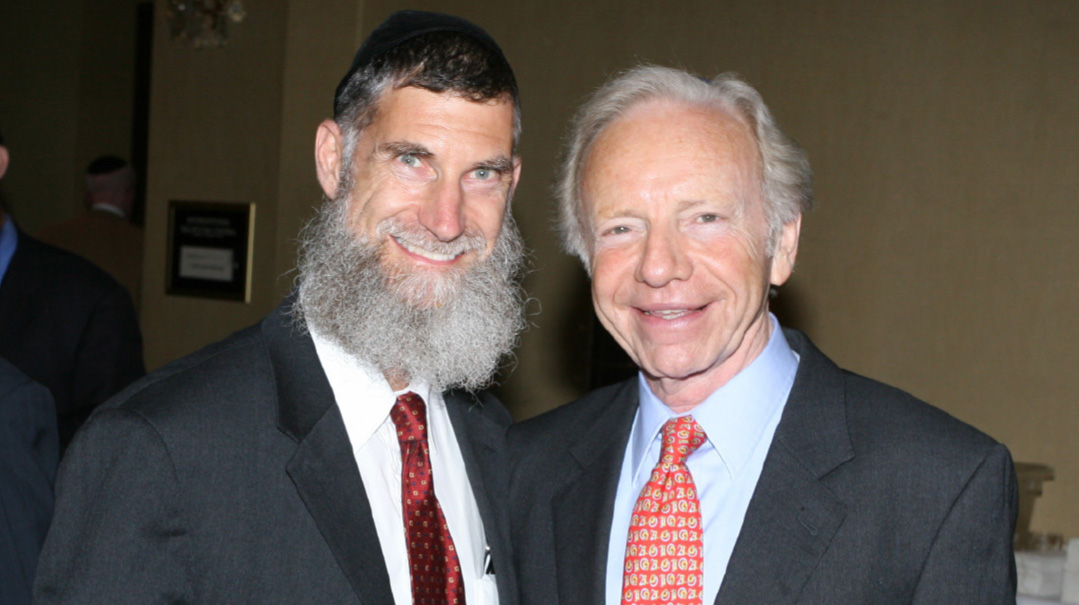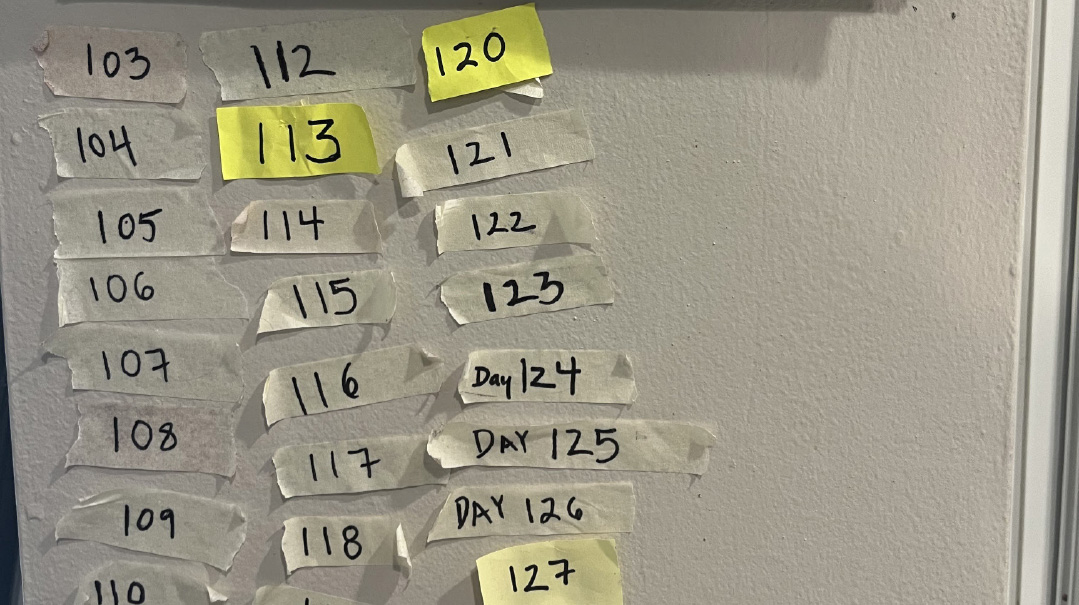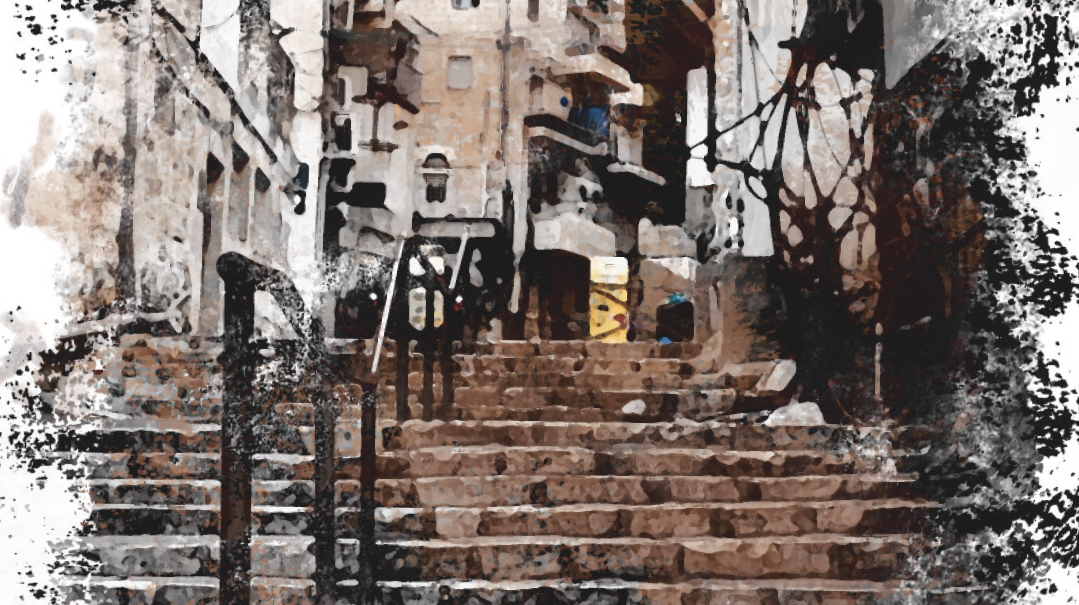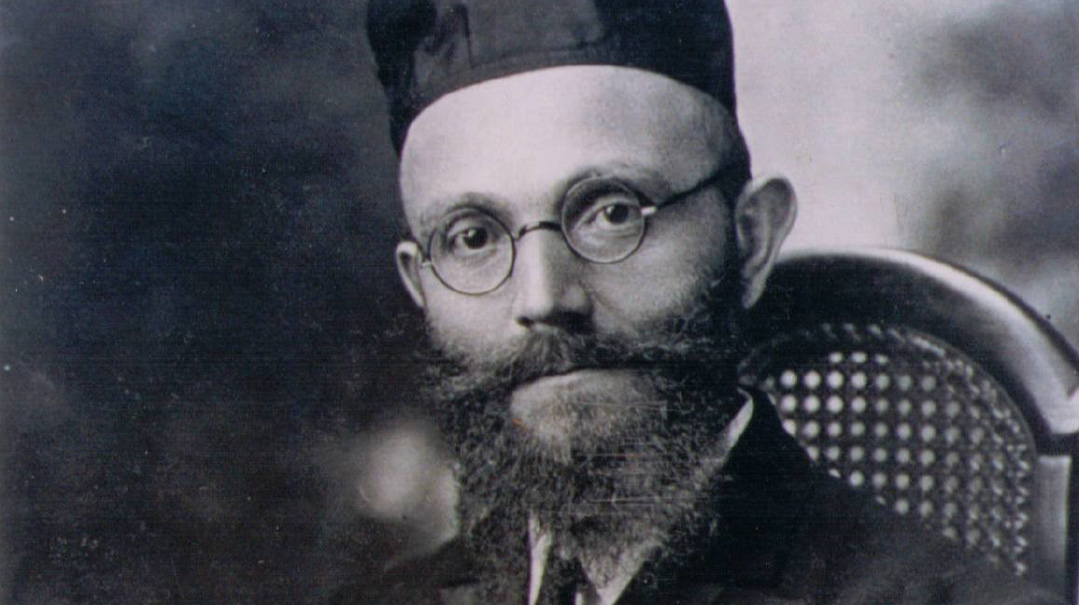Travel Tales

“Rabbi,” the man responded, “if a rabbi asks, first you give. Questions can be asked later”

Growing up in the lap of the Telshe Yeshivah in Cleveland where my father was a rosh yeshivah, I was very familiar with the travel exploits that were part of his job. Every rosh yeshivah was assigned different areas where he traveled to raise funds for the yeshivah.
In my father’s case, since he was so adept at raising money, he visited many countries. For many decades, he frequented South Africa numerous times and became very familiar with its Jewish communities. He told us that the outstanding characteristic of the South African Jews, whether religious or not, was their respect for Torah and the rabbis that disseminated it, and he shared several anecdotes that illustrate this.
My father’s fundraising in South Africa was done in coordination with the local yeshivah in Johannesburg, which in a sense was a branch of Telshe, as it was run by former Telsher talmidim. The agreed-upon arrangement was that my father would collect in the small towns and villages, and leave the big city to the local yeshivah. Taking this route brought him to many Jews who had not seen a rav in years. Though their observance was nonexistent, many still retained a sense of awe and respect when meeting a rabbi.
At one memorable encounter, my father made a lively pitch about the benefits of his yeshivah and its difficult financial situation. The gentleman eagerly wrote out a generous check and then said, “Rabbi, I have a question. Why does shivah need money?” he asked. This Jew had never heard of a yeshivah. He thought that my father was saying “shivah,” a word he did know, instead of “yeshivah,” which was a foreign concept.
My father patiently explained to him what a yeshivah is. Then he said, “Now I have a question for you. If you thought I was raising money for shivah, and logically it made no sense to you, why did you give me such a generous check?”
“Rabbi,” the man responded, “if a rabbi asks, first you give. Questions can be asked later.”
My father said this reminded him of a similar anecdote we find in the Gemara (Pesachim 42). Reb Masno was teaching his congregants in Papunya, that one should use mayim shelanu for the kneading of the dough for matzos. “Mayim shelanu” has a double meaning. While Reb Masno meant water that was watched overnight to ensure that no chometz fell in, the people of Papunya assumed he meant “my water.” So the next day all the townsfolk gathered in front of Reb Masno’s house, holding pots for the water, and their purses with coins to pay the rabbi. Upon seeing this, Reb Masno came out and explained what he meant by mayim shelanu..
The question is asked, what’s the purpose of relating such a story? It’s not likely that its purpose is to demonstrate how ignorant these people were. My father offered the explanation that is was to demonstrate how much emunas chachamim, blind faith in their rabbi, they had. Imagine today if a rabbi told his congregants that instead of using their unmetered water, they must purchase their water from him. At best the congregants would ignore him, at worst they would react in anger. The people of Papunya, on the other hand, had complete faith in their rabbi and adhered to his teachings, even if they couldn’t fathom the reasoning behind them. As the Torah commands us (Devarim 17:11) “lo sasur,” and as Rashi explains it, we must listen to the chachamim even when they say right is left and left is right.
My father’s fundraising style was to get to know the people he was meeting, show a genuine interest in their lives, and then to tell them the purpose of his visit. Because of his innate ahavas Yisrael, this method came very naturally to him.
In one notable instance my father asked a young couple what he could do for them. They readily shared with him that they had been married for several years and had not been blessed with children. “Please bless us, Rabbi!” My father quickly calculated how much Yiddishkeit he could exact from them in exchange for a brachah. As they observed nothing, he figured that mezuzahs would be a good option. They only needed to be put up, no other ceremony or observance is involved. My father proceeded to explain to the young couple that if they wanted to be blessed, they should put a mezuzah on each doorpost, and he offered to mail mezuzahs to them when he got back to Johannesburg. They were very pleased with my father’s advice and he explained to them exactly how and where to put the mezuzahs. He also wrote down all the instructions, including the transliterated brachah.
Years had passed by the time my father next visited this same small town. He decided to pay this couple a visit. When they opened their door, they exclaimed excitedly, “Rabbi! You don’t know how happy we are to see you!” They invited him in and proceeded to tell him how they had affixed all their mezuzahs according to his precise instructions and sure enough, a year later they were blessed with a baby girl. And, as a matter of fact, for the next three years they were blessed with a baby girl each year! Now, they explained, since they have four daughters, they would like to remove the mezuzahs! “Who stopped you?” my father asked them. They replied, “If the rabbi instructed us to put up the mezuzahs, we didn’t feel right removing them without the rabbi’s permission. We were unable to locate you, but now G-d has answered our prayers and brought you back to us!”
Then there was the wealthy miser. If someone came to his door, he would say that he only sees rabbis by appointment. If you called to make an appointment, he would give you the runaround until you gave up. In this manner he avoided ever giving tzedakah.
To my father this was a challenge he couldn’t resist. My father came into town and called the wealthy miser to inquire where there was a kosher restaurant, knowing very well that with only a handful of traditional Jews, this town couldn’t even support a kosher market. When the man told him there wasn’t any kosher restaurant, my father went on to describe his hunger since he’d left Johannesburg. Perhaps the man could direct him to a kosher market, where he could at least purchase some products? Again the miser tells my father that there isn’t one. An uncomfortable silence descended, finally broken by his sigh of resignation and a declaration, “Rabbi, I can’t let you go hungry. Come to my house. I have some kosher products.”
My father took his time eating, in the meantime warming his host’s Jewish neshamah, and awakening the kinship Jews feel for each other. By the time he finished eating, a genuine aura of friendship had permeated the home. “Rabbi, what else can I do for you?” the man asked, which my father took as an entrée to make his pitch for the yeshivah. My father walked out with a very generous donation, and left behind a happy and content host.
(Originally featured in Mishpacha, Issue 829)
Oops! We could not locate your form.













